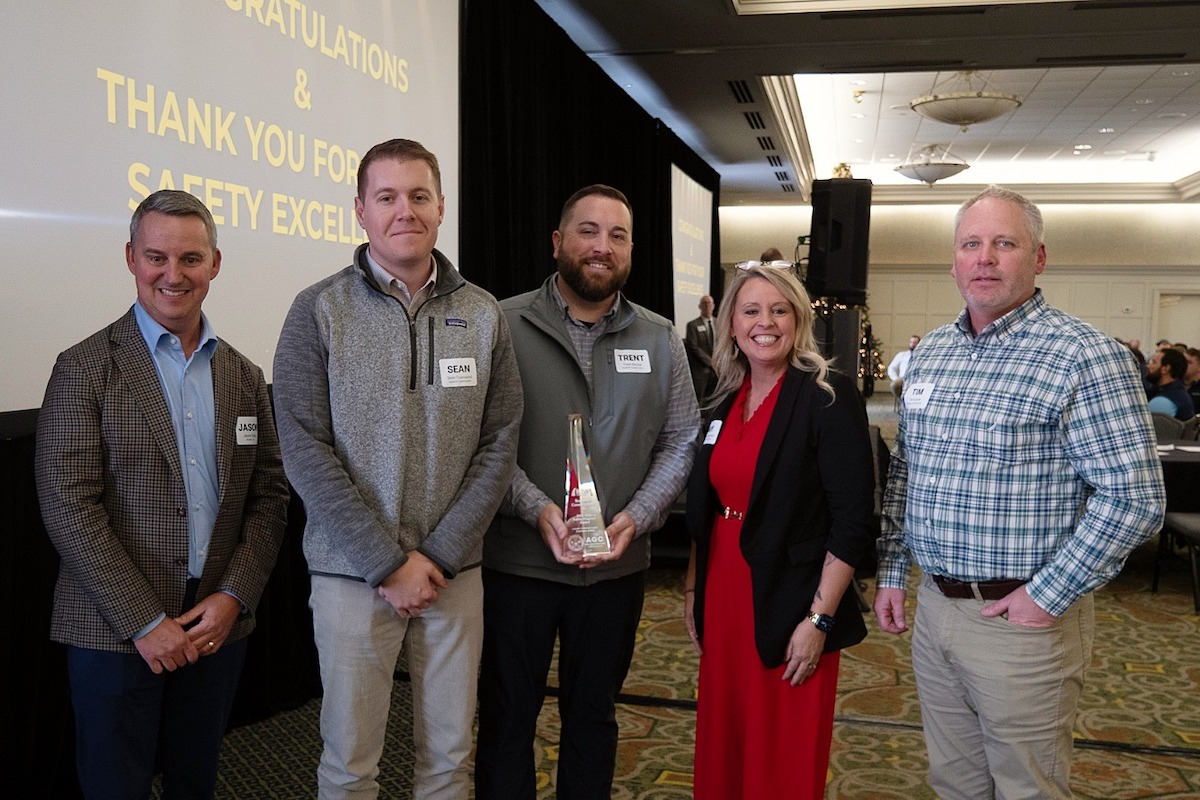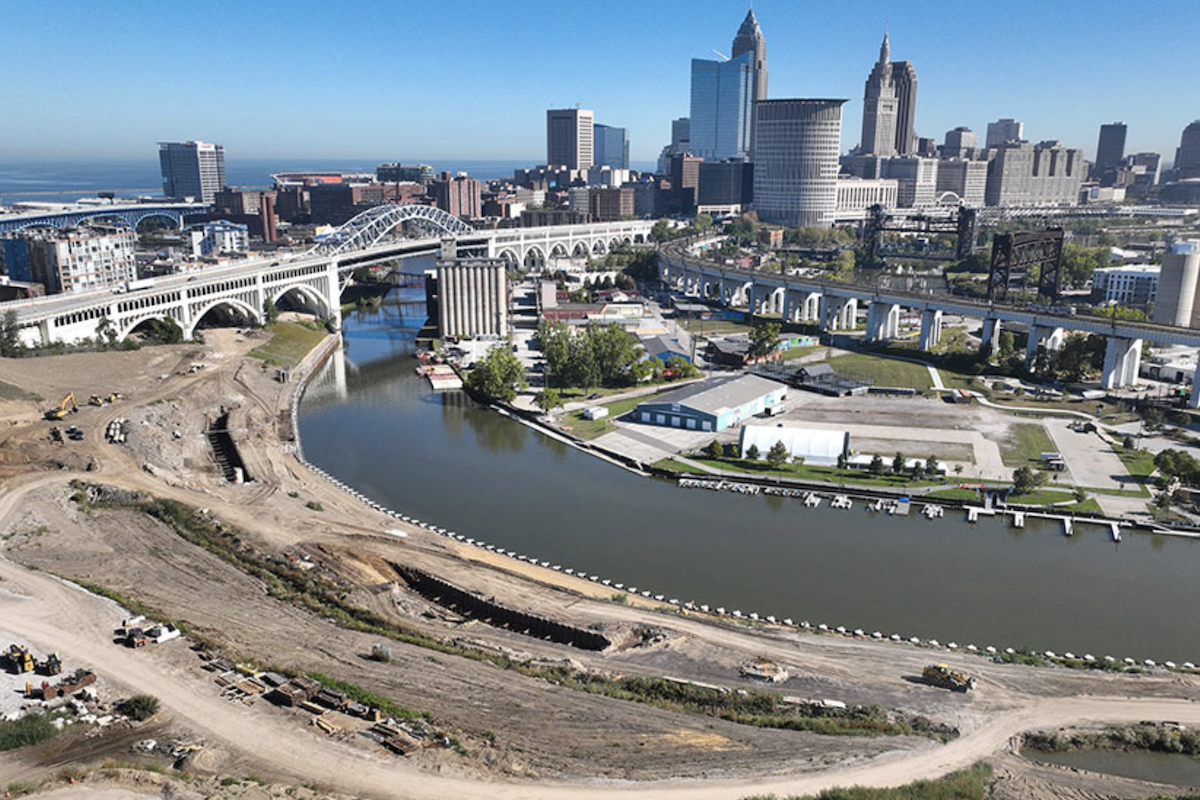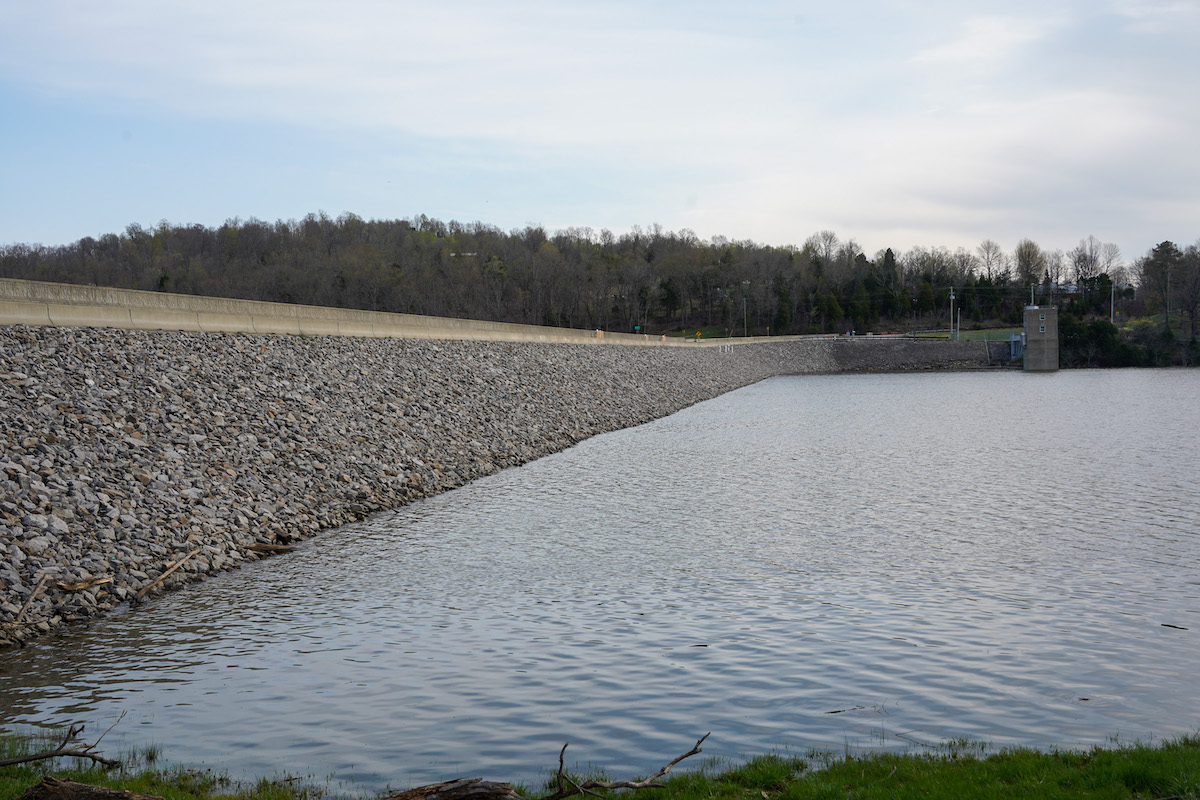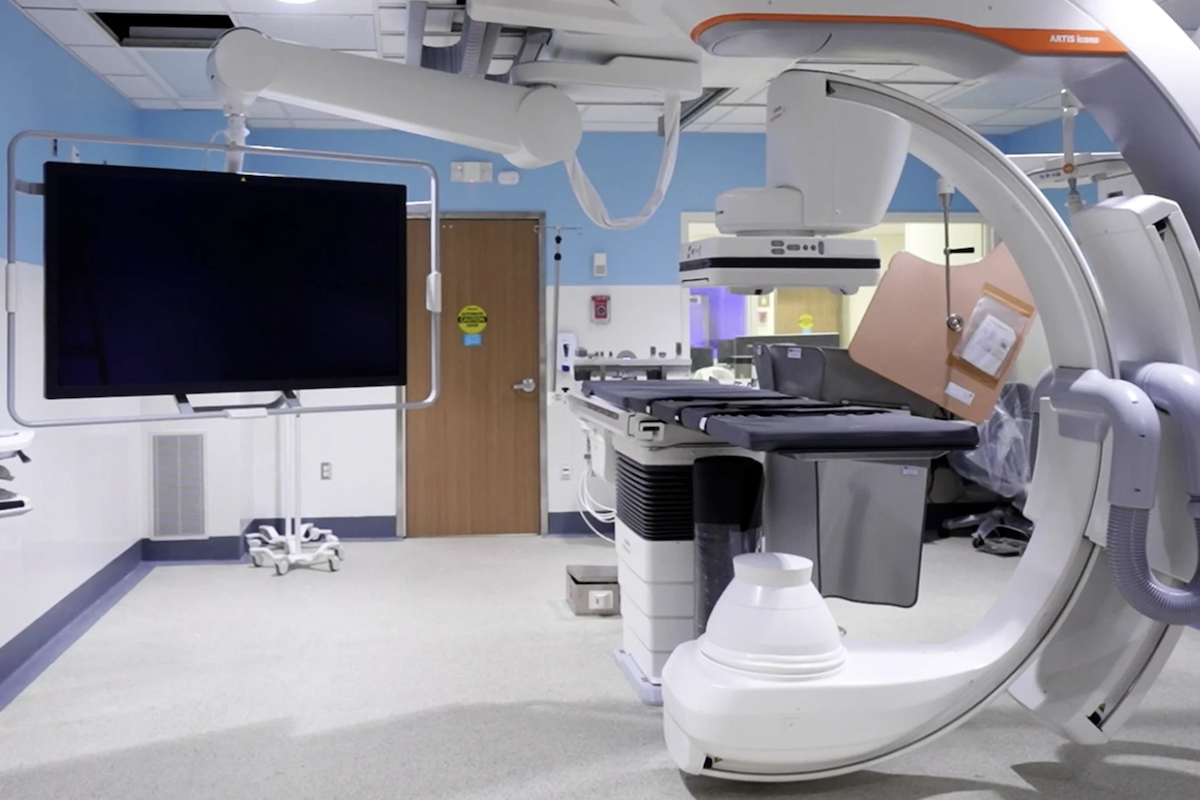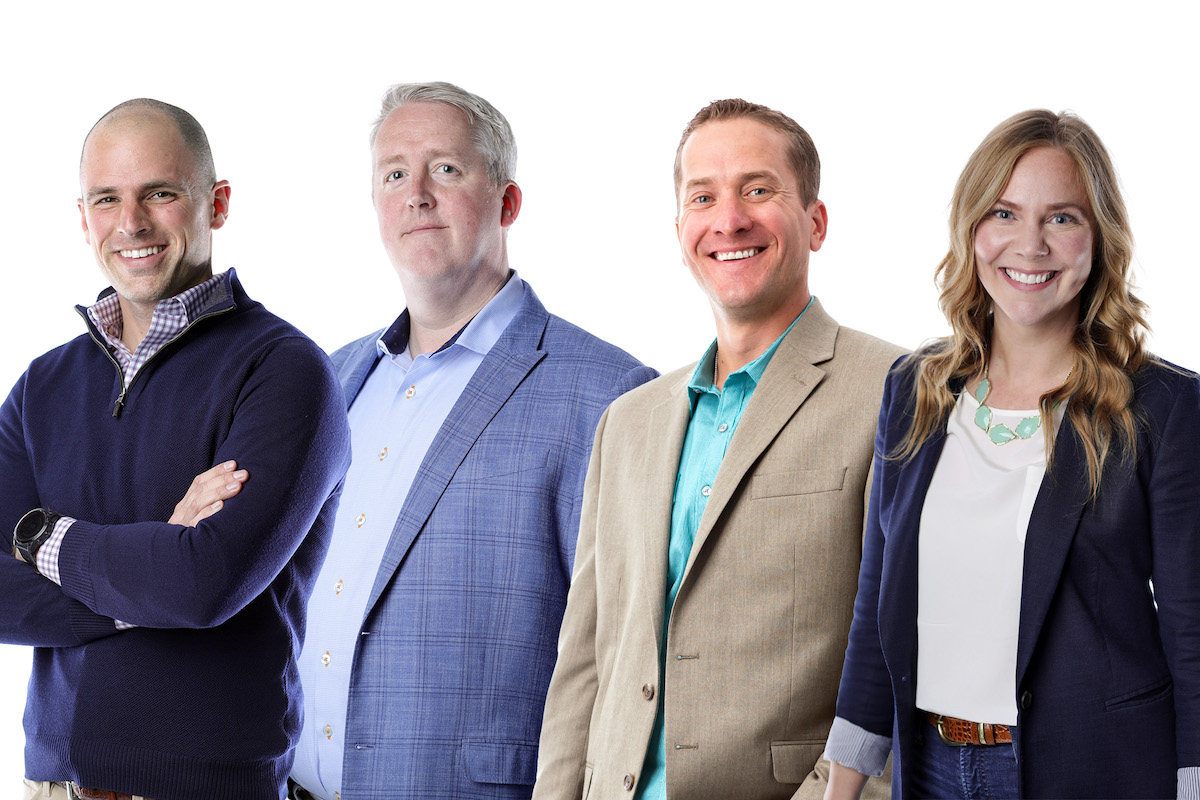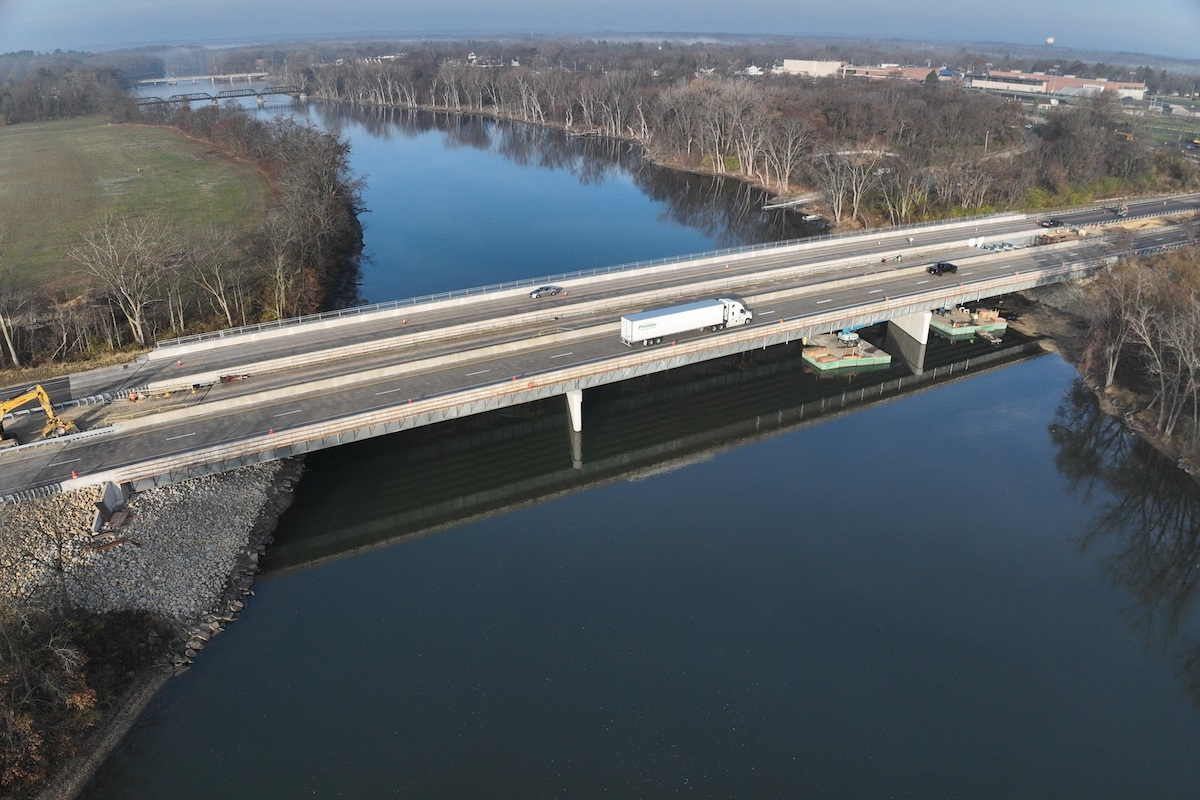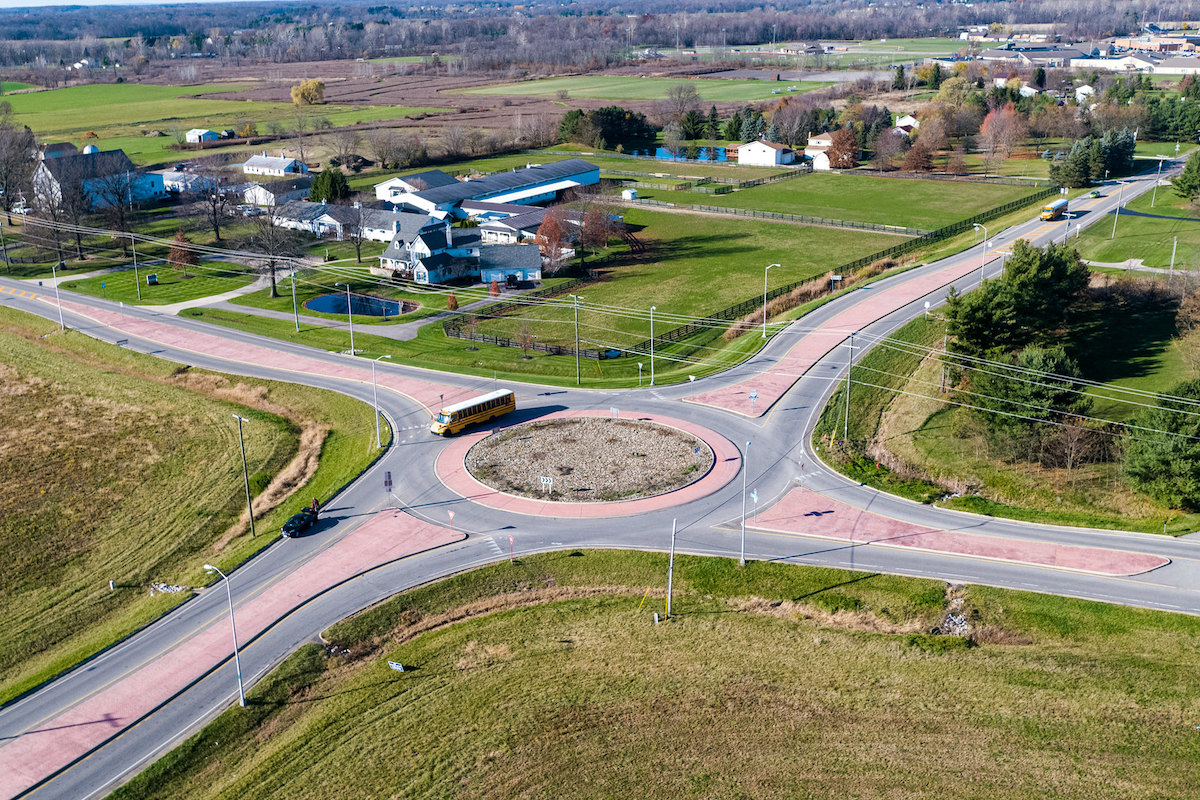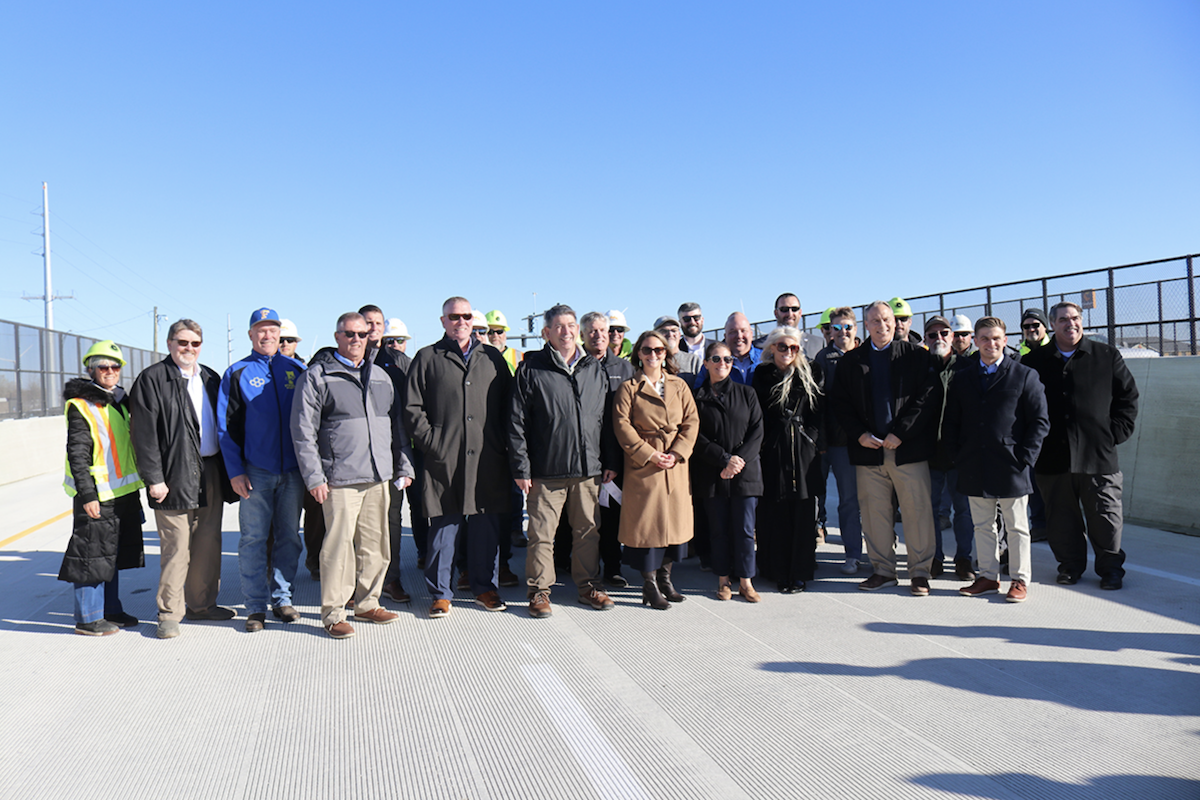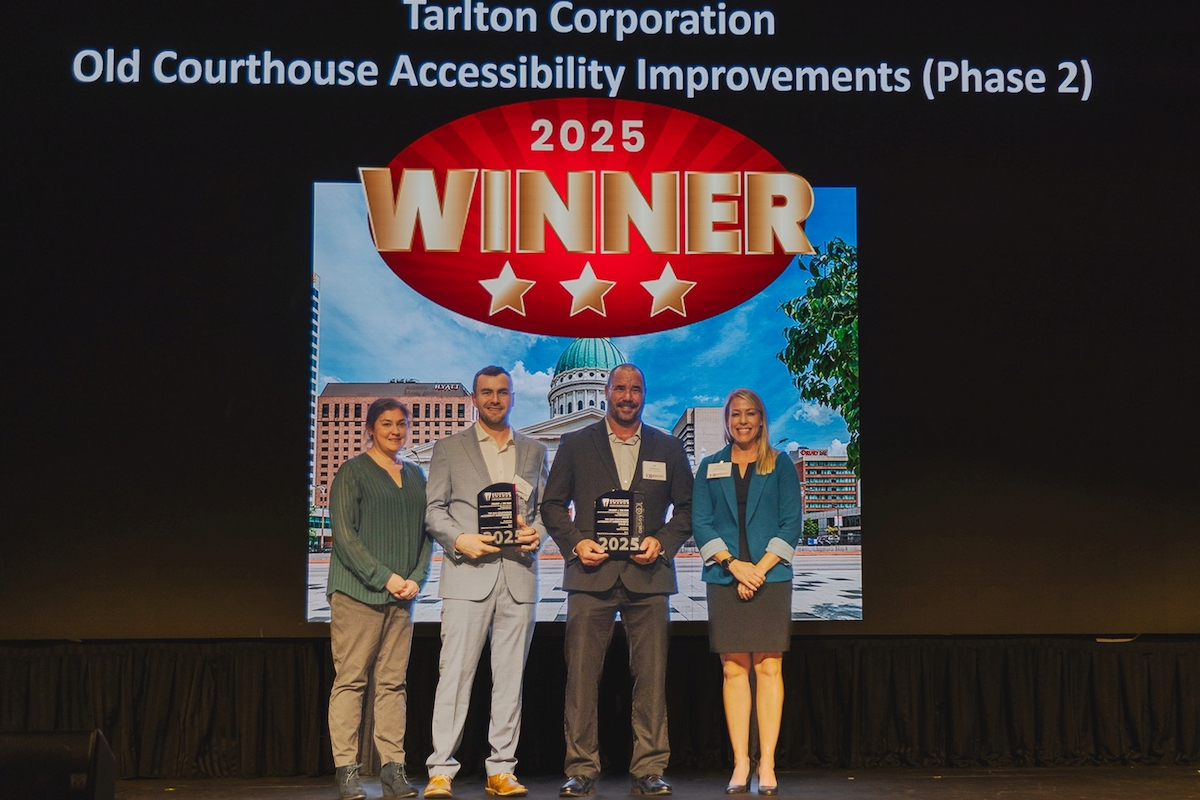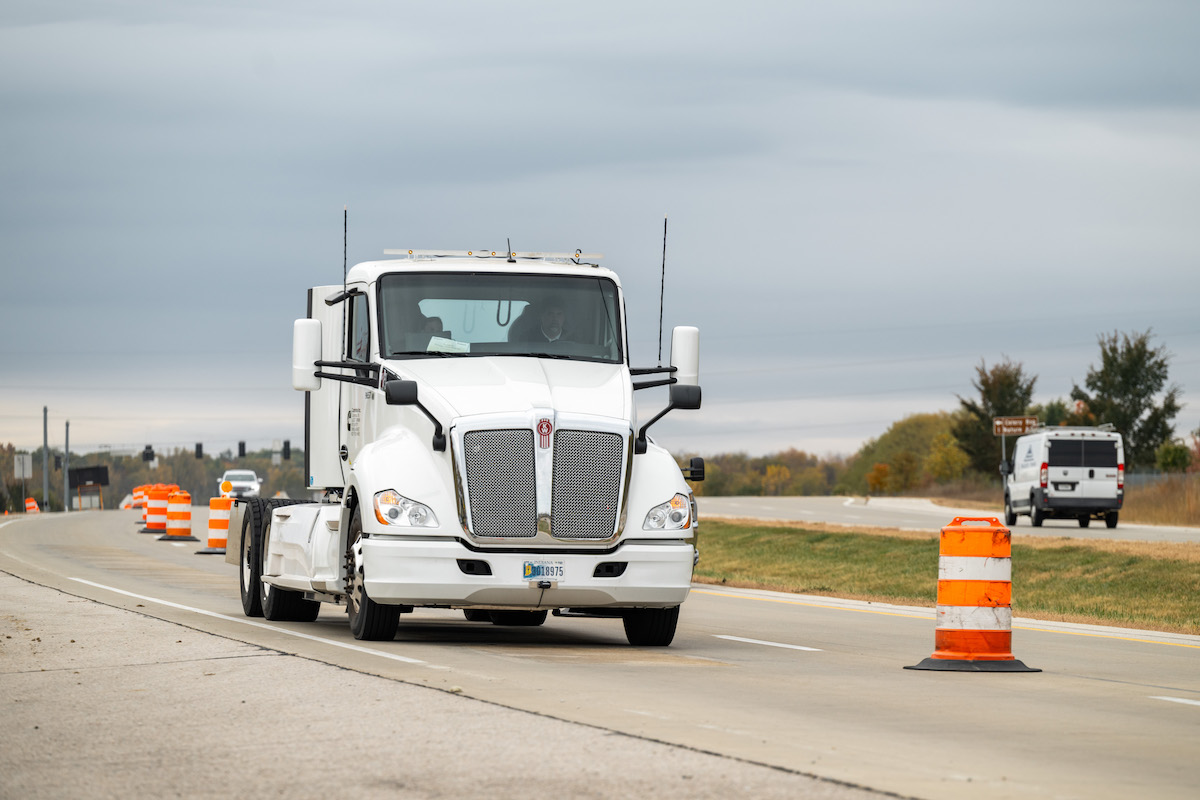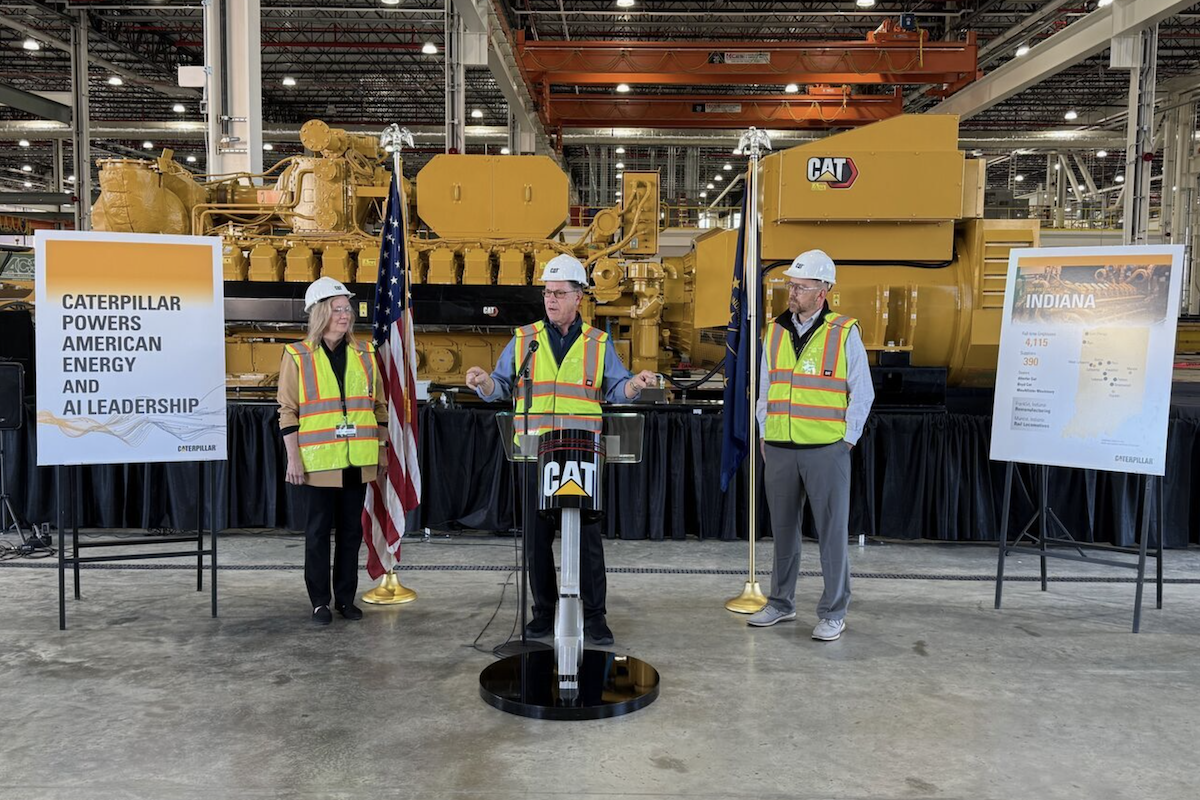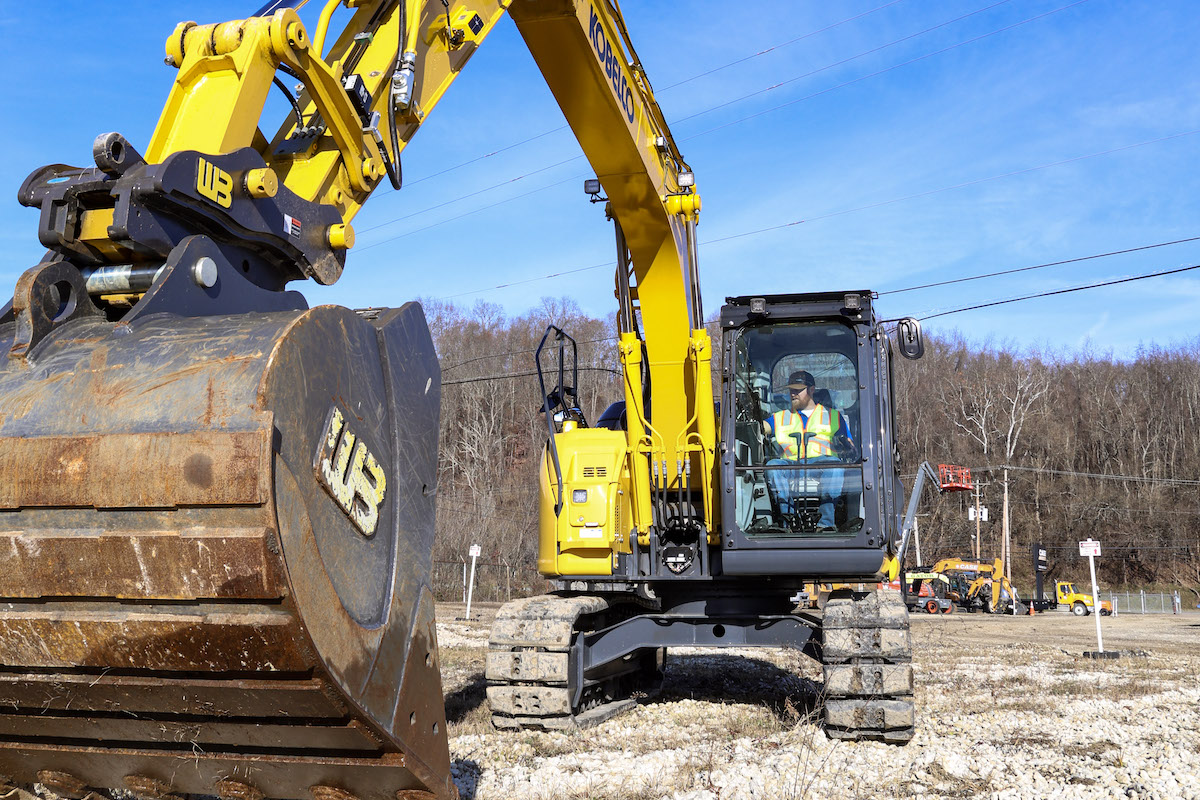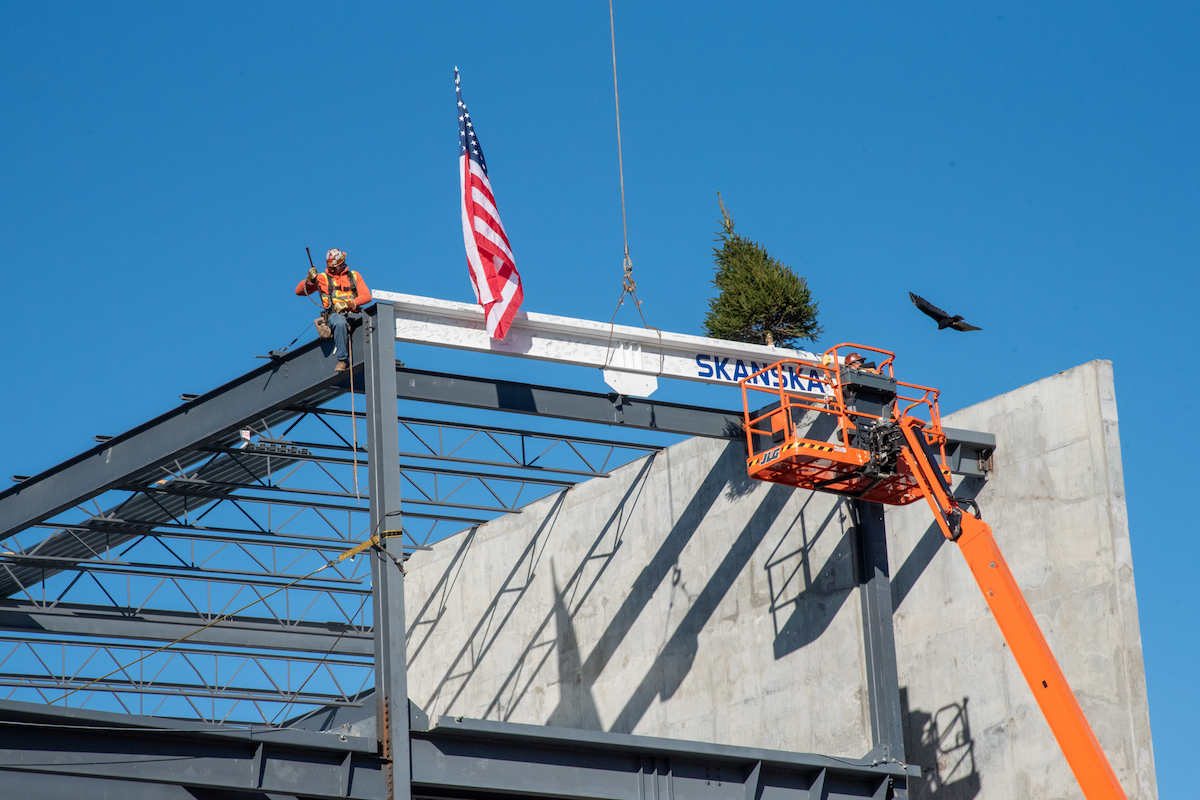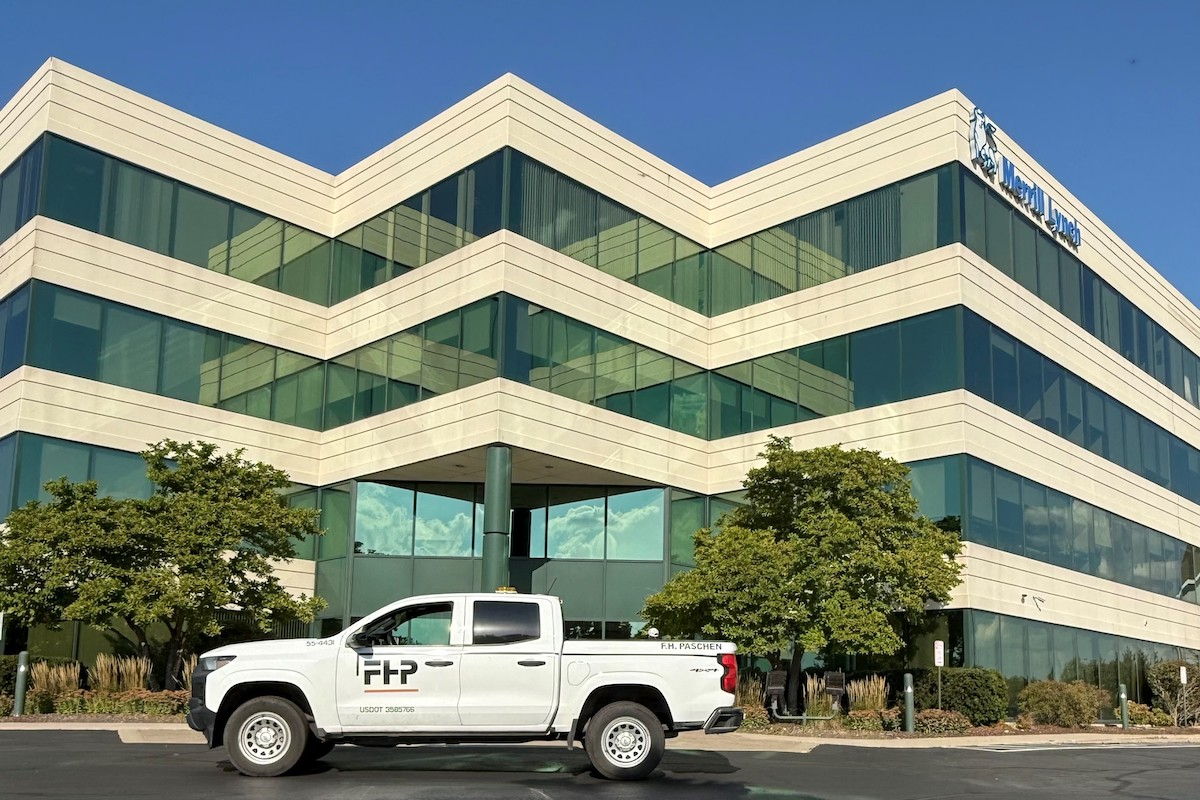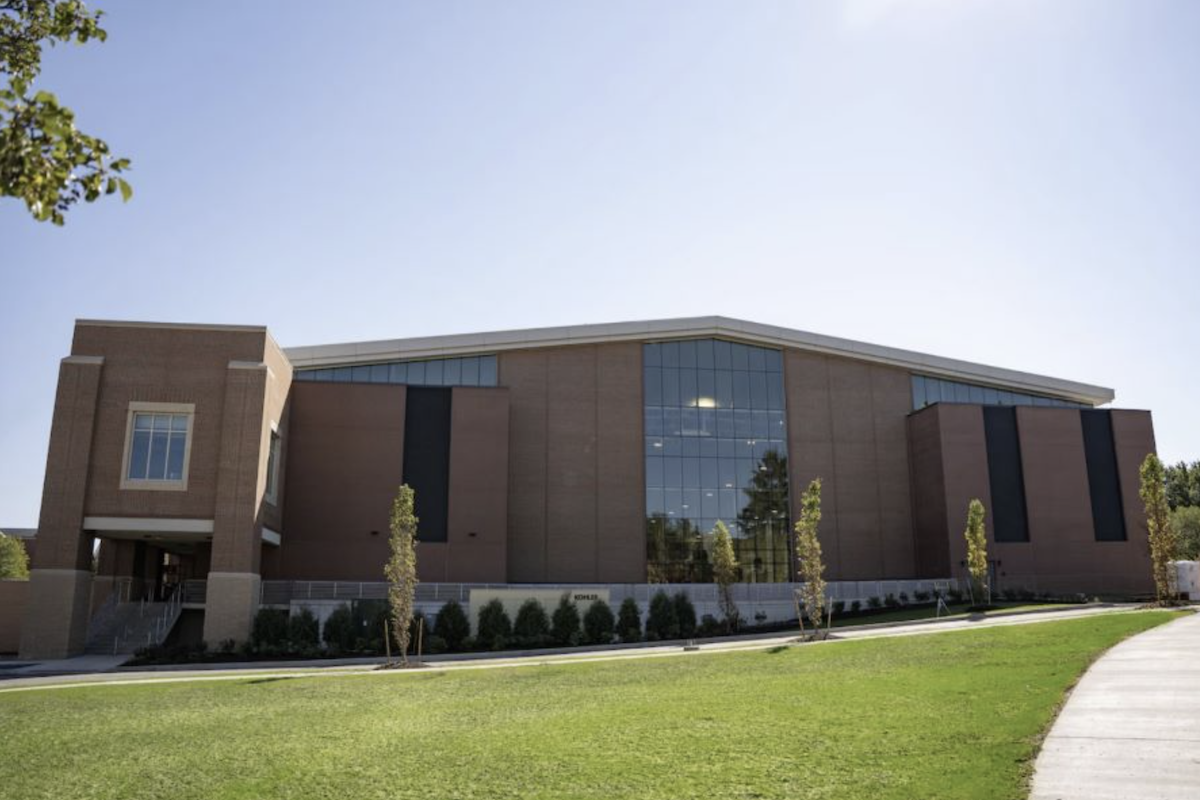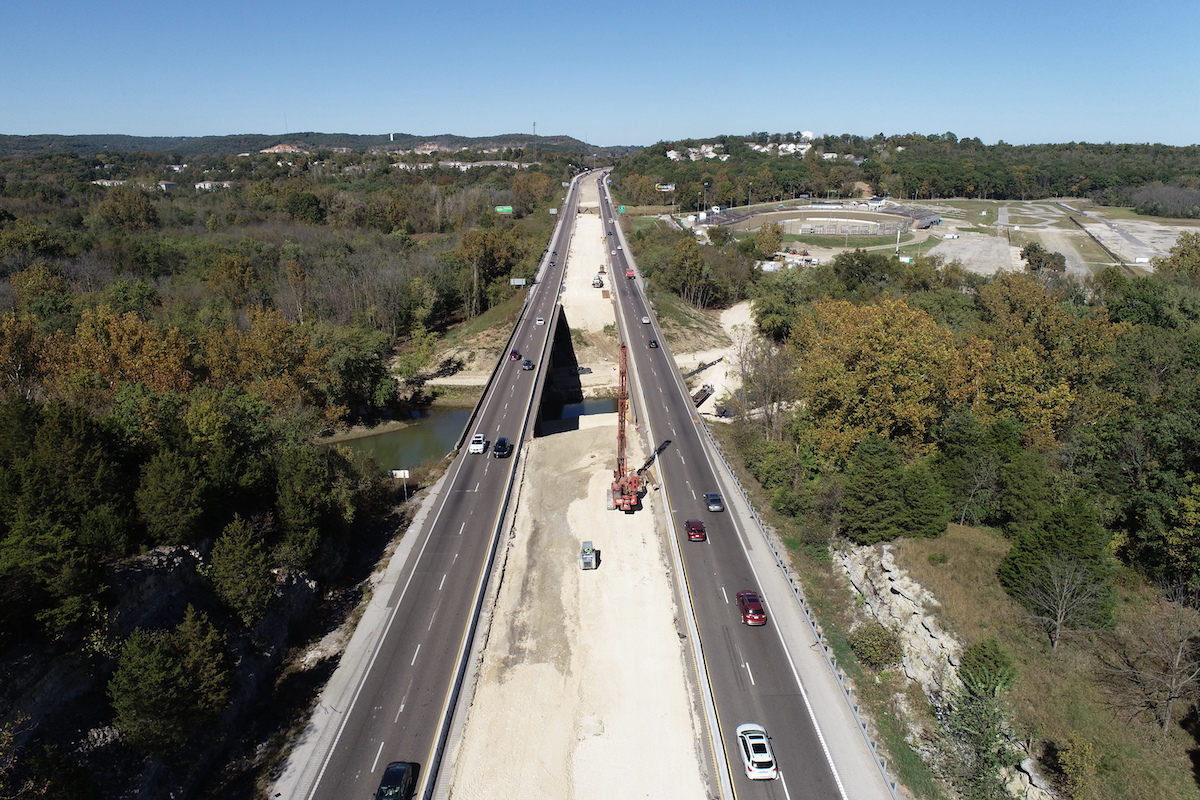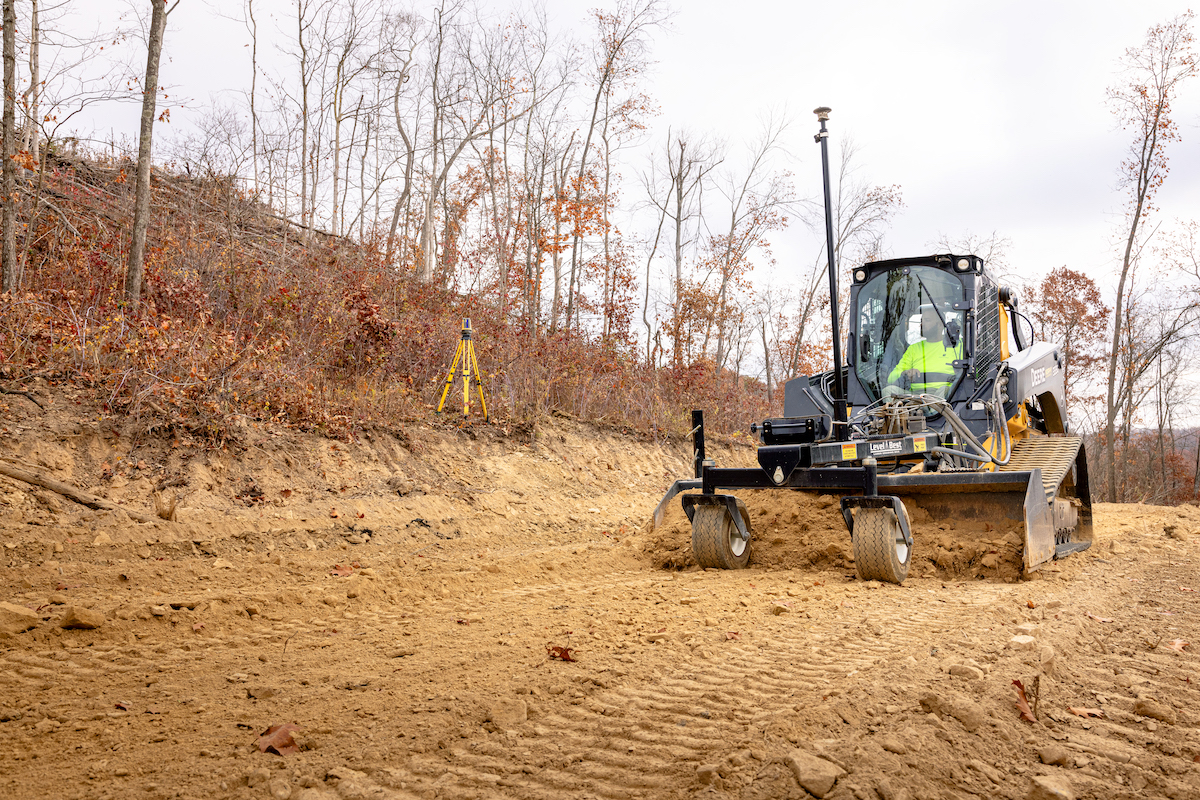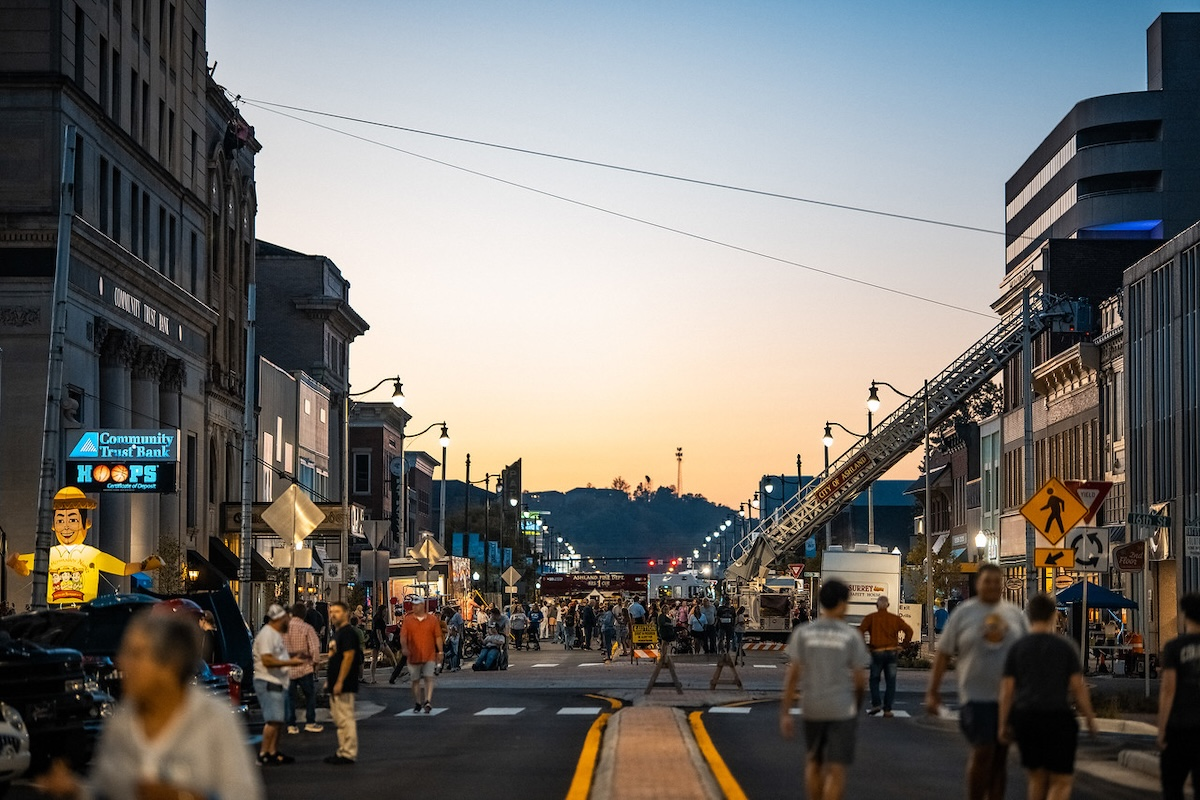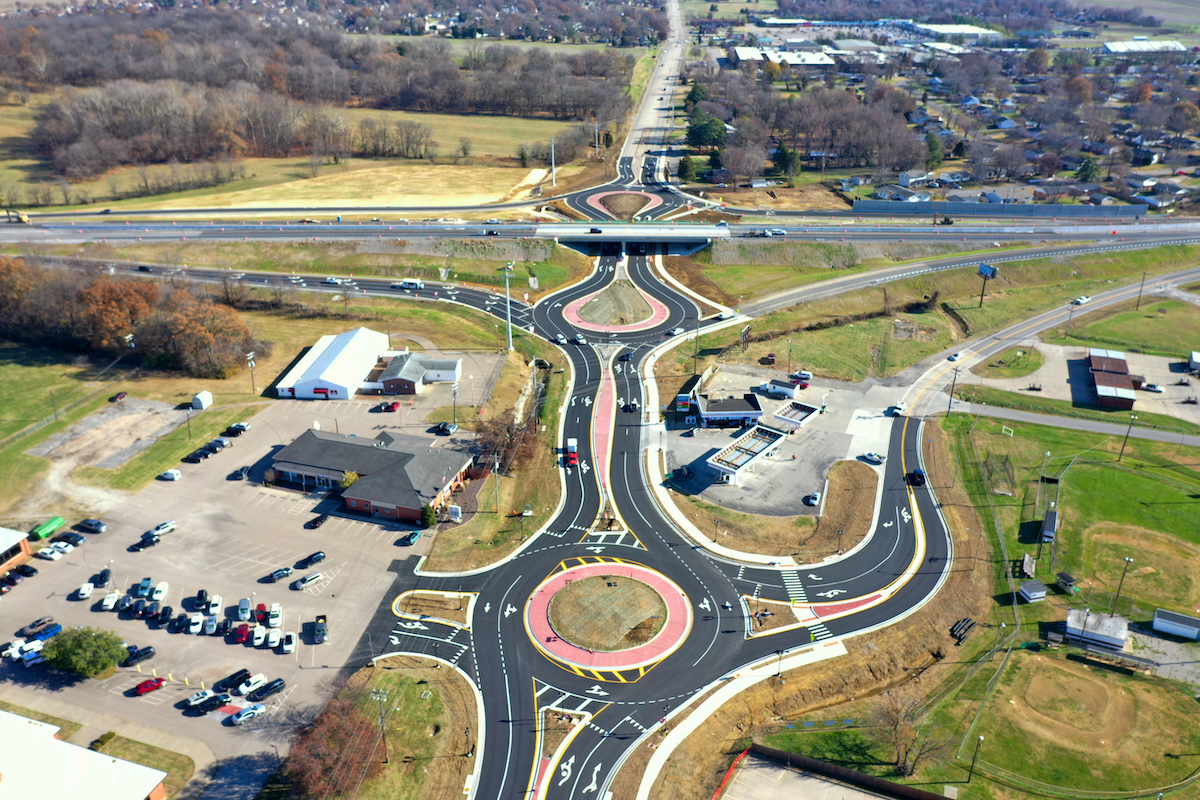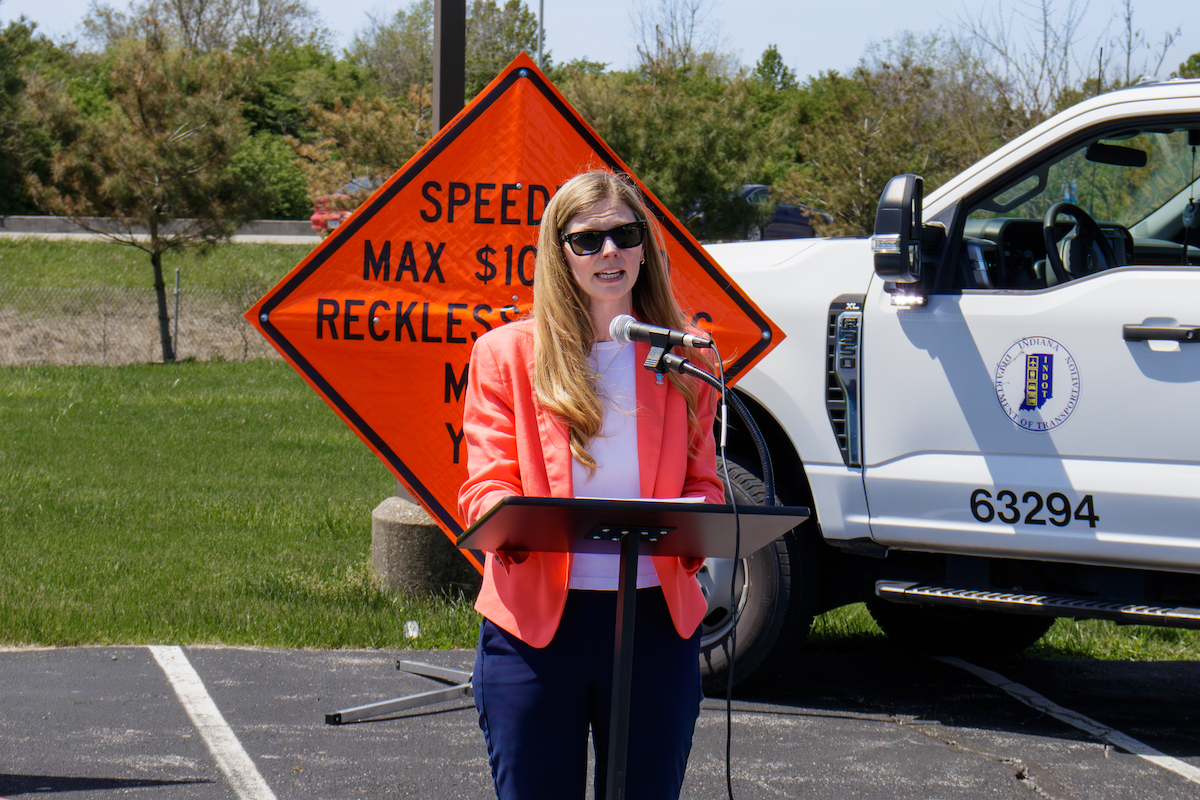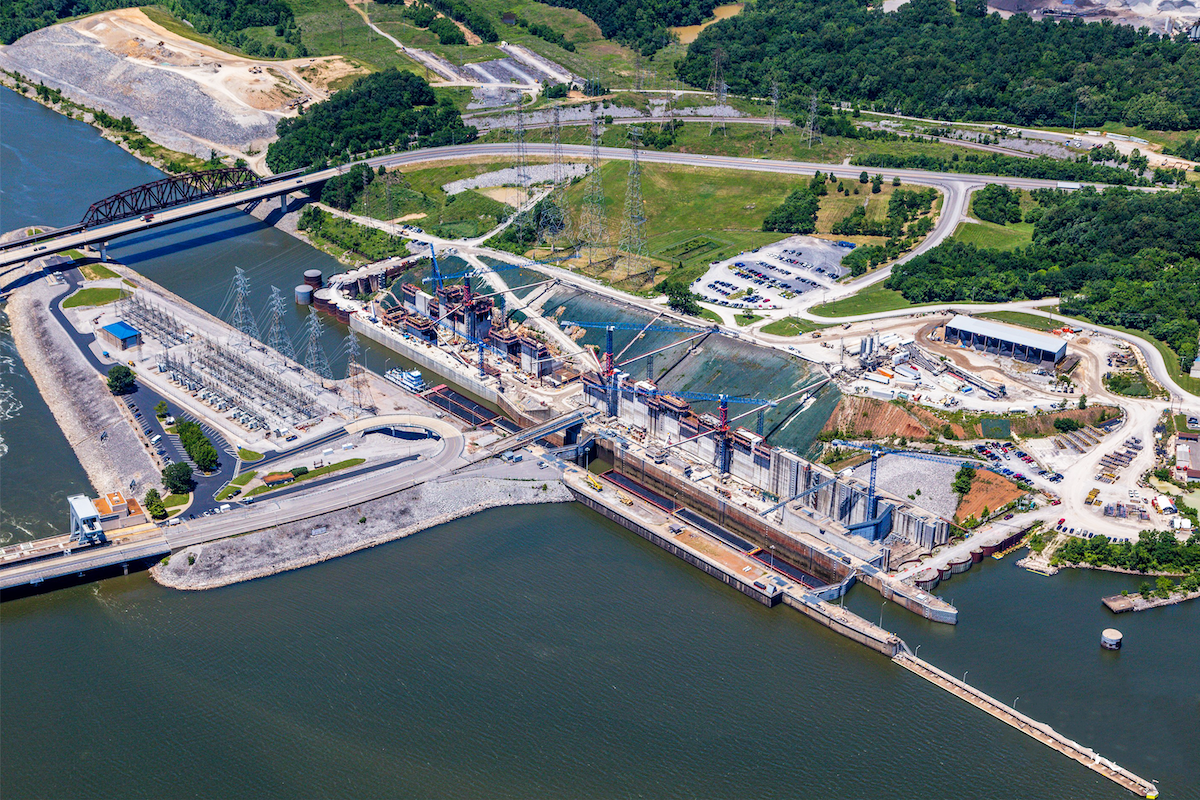The 38-acre expansion added a fishing lake, sports fields, and other amenities to the existing 30-acre park. Due to funding challenges, the work was divided into four different Guaranteed Maximum Price (GMP) contracts worth a total of almost $25 million.
“The phasing in conjunction with the funding challenges was the biggest hurdle – working through preconstruction, then starting construction as different funding sources became available and Buckeye was able to scope in parts of the project that they had thought they couldn’t build right away,” said Mike Ploeger, Project Executive for Phoenix’s Willmeng Construction.
The City of Buckeye selected Willmeng as the project’s Construction Manager at Risk in summer 2020. Willmeng initially worked under a preconstruction contract as design progressed. They started construction under the first GMP in spring 2021 and finished work for the last GMP in September 2023.
With the expansion, Sundance Park now covers 68 acres. The park’s first phase opened in 2012 with a playground, ball field, and dog park. At that point, Buckeye’s population numbered approximately 55,000. Since then, the city’s population nearly doubled.

| Your local Leica Geosystems Inc dealer |
|---|
| Laser Specialist inc |
“Historically, Buckeye has been a smaller farming town, but over the last few years their population has boomed,” Ploeger said. “They had a need for more community spaces because the first phase of Sundance Park wasn’t meeting the community’s needs with all the development and growth they’ve seen.”
The city eventually received almost $4 million in grants from Arizona State Parks and Trails and the Arizona Sports and Tourism Authority. Other funds for park construction came from the city’s General Fund and impact fees collected from new development in the city.
Before all that funding was available, though, Buckeye awarded Willmeng the first $5 million GMP.
“That contract was to build the 3-acre lake, a key element to set up the future phases because the lake serves as the primary irrigation source for the whole park, tying into their existing irrigation mainline system and feeding the initial phase as well,” Ploeger said. “Our first contract also included building some decomposed granite trails around the lake.”
As that construction proceeded, Willmeng continued to help the team budget out the rest of Phase II. Ultimately, work under each GMP flowed together.
“As we worked through how we could build this, we told them the best way to maximize their funding was to keep construction progressing forward and make sure there wasn’t a standstill during construction that could necessitate demobilizing and remobilizing,” Ploeger said. “We worked closely with the design team and Buckeye’s team to get in alignment with the phasing and when we needed those GMPs to get approved and funded. We timed everything out in the schedule so we didn’t have any downtime or lost time because of that.”
Despite the complex logistics, “The design team did a great job of getting each package where we needed it from a constructability standpoint to continue moving,” Ploeger said.
The city awarded Willmeng the project’s second, $4 million GMP contract in summer 2021. That package primarily covered utility infrastructure – tying into existing lines that were stubbed out in the park’s Phase I and extending them into the new areas the city planned to build.
Under the third, $10 million GMP, awarded in spring 2022, Willmeng built the park’s splash pad, playground, ramadas, basketball courts, restrooms, north sports fields and their associated lighting, and the north parking lot.
In winter 2022, the city awarded the fourth $6 million GMP, which included the two south sports fields, more parking, and a new primary lake fill source utilizing Roosevelt Irrigation District canal water.
“That change in the lake’s primary fill source addressed another concern for the city – having redundancy for the lake with additional water sources coming from a city well, which was the primary irrigation source for Phase I, and runoff captured from the splash pad,” Ploeger said.
With the remaining funds in the fourth GMP, the team added more ramadas and amenities. “It was really maximizing the dollars the city had and providing the most value,” Ploeger said.
In the end, the available funding didn’t allow for the full buildout of Phase II.
“However, we were able to stretch the budget to meet the needs of the community and the city’s programmable space,” Ploeger said. “A final phase adding lighting to the south fields and completing the last parking lot can easily be added in the future when funding becomes available, with little or no interruption to the open park.”
For the restroom building, “There’s no sewer main out in the roadway, so initially we were going to install a septic system,” Ploeger said.
However, the city began considering a tie-in to the sewer system for a new housing development planned to the west of the park property.
“We were down the path of installing a septic system, then had to change direction and go down the path of adding a sewer line that would tie in when that development came online,” Ploeger said.
But then the housing market changed with rising interest rates. At that point, “There was uncertainty from the developer on whether they’d continue into phases two and three of their development, which is what the city needed to tie into their sewer. Late last year, the homebuilder decided to build only the first phase of the development, then hold on the other phases with the uncertain market conditions.”
That required Willmeng to switch back to a septic system.
Through all the uncertainty, “The City of Buckeye was a great ally,” Ploeger said. “Right now, we have the septic system installed, but they’re set up and primed for the future. When that development is built, they can switch over to sewer.”
For instance, Willmeng used a total of 400 cement trucks to deliver concrete onsite. Unfortunately, they placed the bulk of that concrete during the cement shortage last year.
“Last summer, concrete allocations were a big issue,” Ploeger said. “Sometimes you couldn’t get concrete for two or three weeks. Concrete suppliers wouldn’t allow standing orders because there was so much construction going on throughout the valley, concrete was needed everywhere and they had to manage the demand with the cement shortage.”
Luckily, “Our site was big enough that we had the real estate to form up a bunch of areas and be ready to pour whenever we could receive concrete,” he said.
Flexibility was key. “Sometimes we called and tried to place an order a week or two in advance, and they couldn’t meet that,” Ploeger related. “There were instances when the concrete supplier would say, ‘I can get you half of that order two weeks from now, or I just had a cancellation for tomorrow morning at 2 a.m.’ We’d have to take that early morning slot and work with our trade partners to get the staff there.”
Across the 38 acres of the expansion, crews planted 1,415 shrubs and ground cover, as well as 197 trees – including 37 trees salvaged from the original land.
Because of the park’s desert location, the city and design team committed to water conservation, creating a system that utilizes water multiple times in its lifecycle. That starts with the Roosevelt Irrigation District Canal serving as the lake’s primary water source. Water from the lake is then used to irrigate sports fields and landscaping throughout both phases of the park. Finally, water from the splash pad drains into the lake to be reused for irrigation.
- Owner – City of Buckeye, Arizona; Steve Riley, Project Manager; Miranda Gomez, Parks Director; Bob Wisener, Mark Bianco, and Kelby Mieras, Parks Department; Engineering and Building Departments
- Lead Designer – J2 Design, Phoenix; Aaron Allan, Vice President
- Electrical Engineer – Wright Engineering Corporation, Chandler, Arizona
- Architect – DFDG Architecture, Phoenix
- Construction Manager at Risk – Willmeng Construction, Phoenix; Mike Ploeger, Project Executive; Kenny Shepherd and Thomas Gordon, Project Managers; Alex Smith and Anwar Albandak, Superintendents; Thomas DeBacco and Hemanth Beerangi, Engineers
- Landscape Subcontractor – DTR Landscape Development, Phoenix
“We’ve engaged the community in past projects to help them get excited about what’s going on, so early in the construction of this lake, we asked Buckeye if they knew any Boy Scouts who needed a service project,” Ploeger said.
That led to a connection with Eagle Scout Josef Gavagan, who built and installed all the fish habitats with the help of other volunteers.
In addition, Willmeng sponsored a fireworks show on the first night of the park’s three-day grand opening event and a fishing derby on the second day.
“As a company, we’re not just invested in our employees or our clients; we’re heavily invested in our communities and the communities we build in,” Ploeger said.
Photos courtesy of Willmeng Construction




















